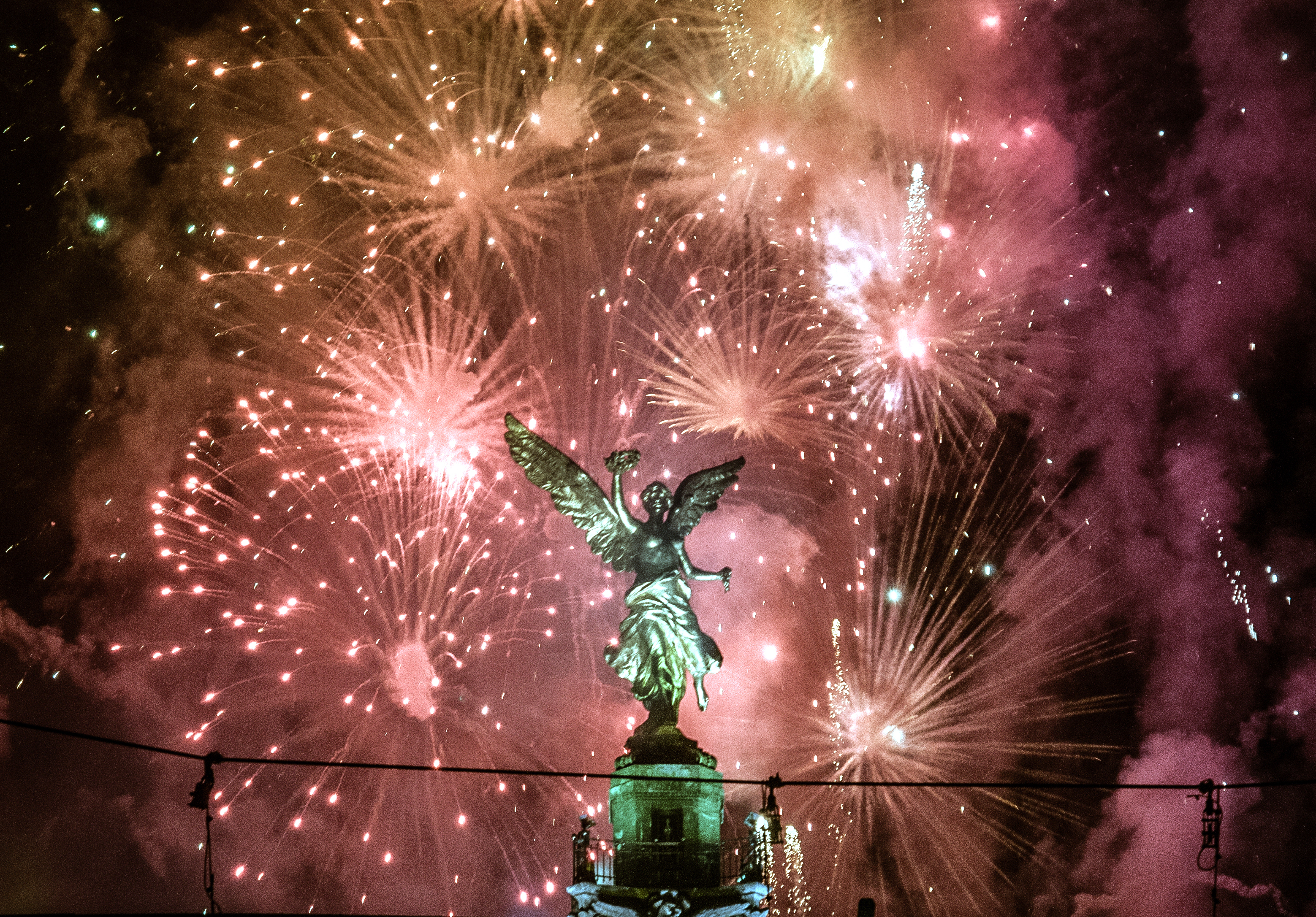
New Year's Day
In the Gregorian calendar, New Year's Day is the first day of the calendar year, 1 January. Most solar calendars (like the Gregorian and Julian) begin the year regularly at or near the northern winter solstice, while cultures and religions that observe a lunisolar or lunar calendar celebrate their Lunar New Year at less fixed points relative to the solar year.
This article is about the first day of the Gregorian calendar year. For the first day in other calendars, see New Year. For other uses, see New Year's Day (disambiguation).New Year's Day
Users of the Gregorian calendar
International
The first day of the year in the Gregorian calendar
Making New Year's resolutions, church services, parades, parties, sporting events, fireworks[1]
1 January 2025
Annual
In pre-Christian Rome under the Julian calendar, the day was dedicated to Janus, god of gateways and beginnings, for whom January is also named. From Roman times until the middle of the 18th century, the new year was celebrated at various stages and in various parts of Christian Europe on 25 December, on 1 March, on 25 March and on the movable feast of Easter.[2][3][4]
In the present day, with most countries now using the Gregorian calendar as their civil calendar, 1 January according to Gregorian calendar is among the most celebrated of public holidays in the world, often observed with fireworks at the stroke of midnight following New Year's Eve as the new year starts in each time zone. Other global New Year's Day traditions include making New Year's resolutions and calling one's friends and family.[1]
The Eastern Orthodox Church, the Anglican Church and the Lutheran Church celebrate the Feast of the Circumcision of Christ on 1 January, based on the belief that if Jesus was born on 25 December, then according to Hebrew tradition, his circumcision would have taken place on the eighth day of his life (1 January). The Roman Catholic Church celebrates on this day the Solemnity of Mary, Mother of God, which is also a Holy Day of Obligation.
Johann Sebastian Bach composed several church cantatas for the double occasion: